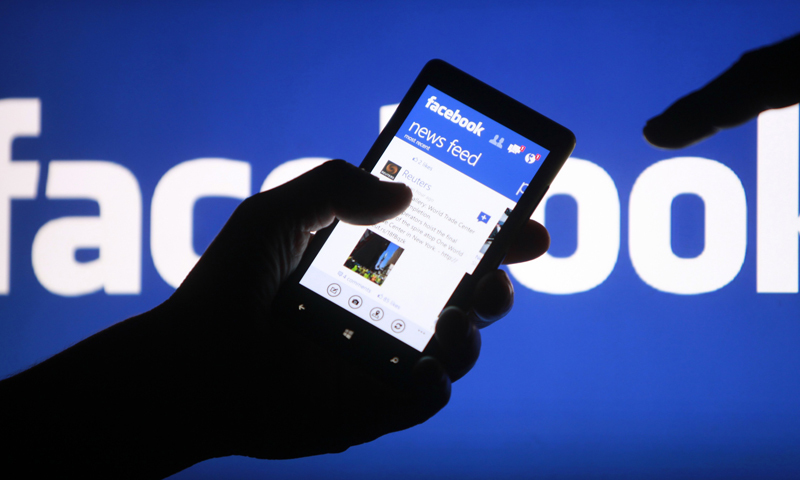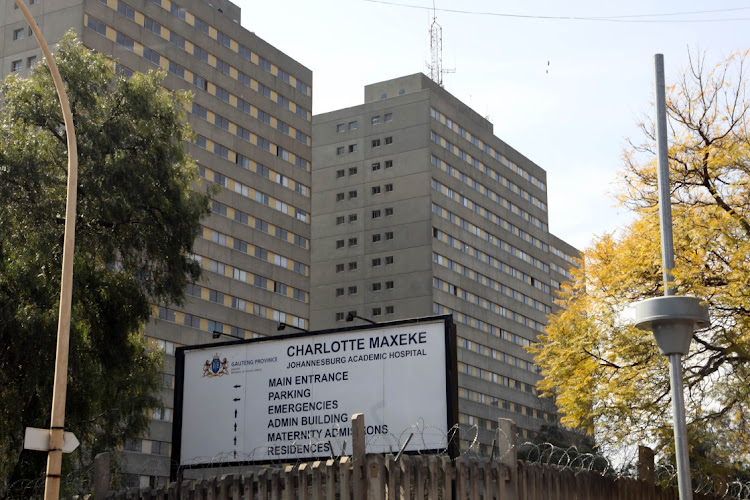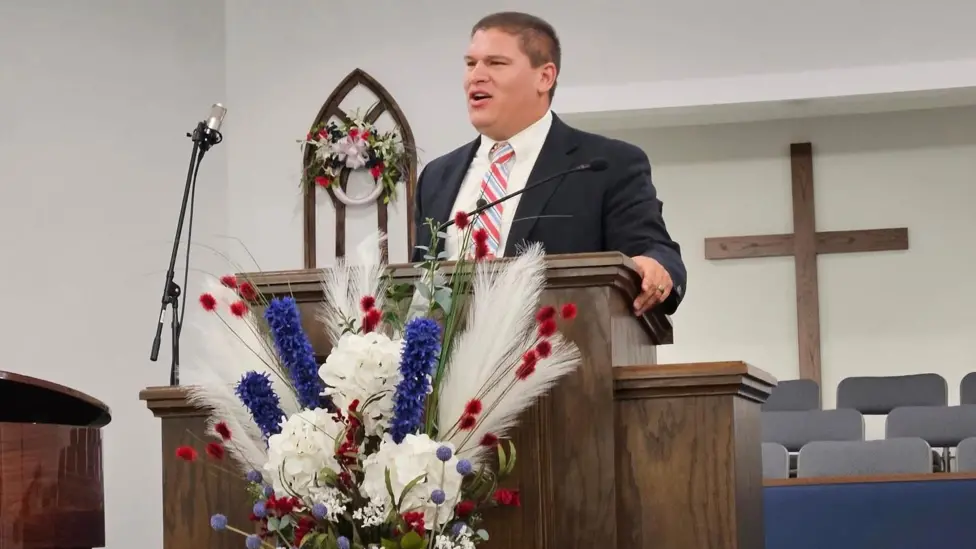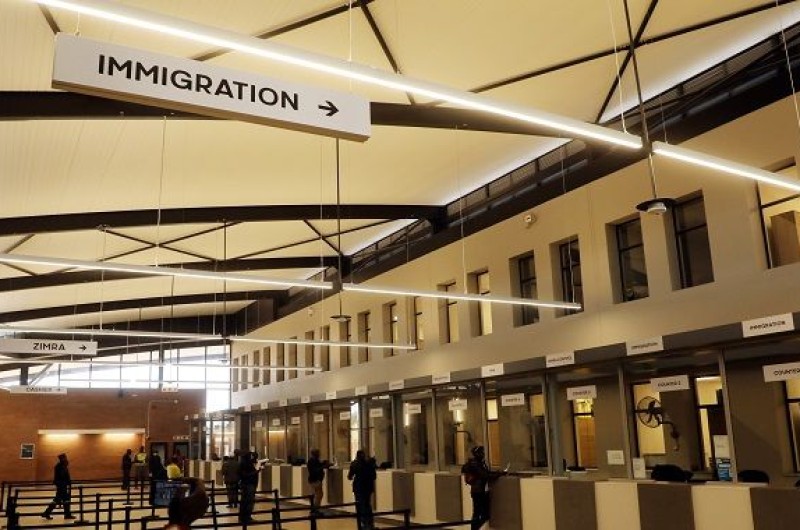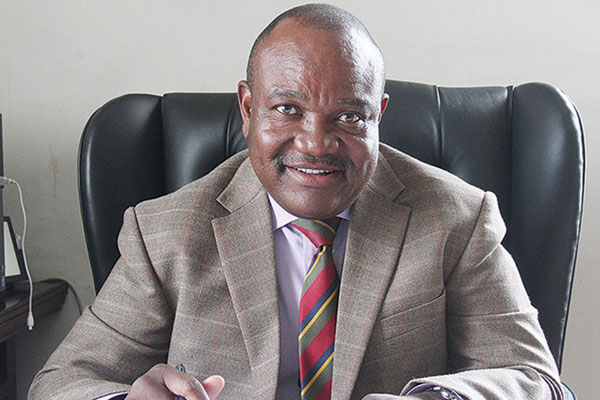JOHANNESBURG, South Africa – Facebook in partnership with the World Health Organisation this week launched a new campaign targeting Covid-19 misinformation on its platform.
The campaign, dubbed ‘Together Against Covid-19 Misinformation’, will roll out to people in English and French across Zimbabwe, South Africa, Zambia, Uganda, Kenya, Rwanda, Nigeria, Senegal, Côte d’Ivoire and DRC.
Information will show up on Facebook through a series of graphics with tips on how to spot fake news. Facebook users will be advised to:
Check The Source: Scrutinise content, even if it appears science-based
Check How It Makes You Feel: False news can manipulate feelings for clicks
Check The Context: Look to public health authorities to confirm content
Throughout the Covid-19 pandemic, Facebook has been working to connect people to accurate information and reduce misinformation on its platforms. Last month, it announced the biggest worldwide campaign to promote authoritative information about Covid-19 vaccines – working to remove false vaccine claims, reduce distribution of inaccurate health information, and inform people about effective vaccine delivery.
Aïda Ndiaye, Facebook’s public policy manager, said: “Ensuring users are getting authoritative information about Covid-19 vaccines is just some of the vital work we’re doing here at Facebook.
“During the Covid-19 pandemic and beyond, we’ll continue working with industry experts and people on our platforms to ensure we’re aggressively tackling misinformation, and giving people additional resources to scrutinise content they see online, helping them decide what to read, trust and share.”
As part of the campaign, Facebook will also be launching a dedicated website in English and French, which will include information on how the company is tackling misinformation on its platforms.
“It will give people more transparency around our Remove, Reduce and Inform strategy, outline our community standards, and share the steps we’re taking to combat false news around global events such as Covid-19, elections and climate change,” Ndiaye said.

